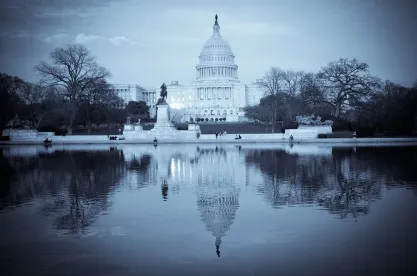On Monday, December 21, Congress enacted a $900 billion stimulus package to support American workers and businesses impacted by COVID-19. The bill awaits President Trump’s signature, which as of this writing is uncertain. This summary provides an overview of the individual, family, and worker relief measures contained in the stimulus package.
Direct Stimulus Checks to Individuals and Families
-
Similar to the stimulus checks issued this spring, individuals and joint filers earning under $75,000 and $150,000 respectively will receive $600, respectively. This amount is the key point of contention for the President, who has called for a $2,000 payment instead. Taxpayers earning above those thresholds would receive a reduced or no stimulus check depending on taxable income.
Enhanced and Extended Unemployment Compensation Benefits
-
Unemployed workers will receive an additional $300 per week in unemployment benefits through March 14, 2021. Additionally, individuals who have both wage and self-employment income but whose base UI benefit calculation doesn’t take their self-employment into account will be eligible for an additional $100 per week.
-
Extends the Pandemic Unemployment Assistance (PUA) program which provides unemployment benefits to self-employed and “gig economy” workers and the Pandemic Emergency Unemployment Compensation (PEUC) program, which provides additional weeks of federal benefits to workers who have exhausted their state benefits. Both programs, which currently support roughly 13 million Americans, were set to expire on December 26, 2020, but will now extend through March 14, 2021.
-
Increases to 50 weeks the total number of weeks that an individual may receive unemployment assistance.
-
HUD can grant loans to cover the mortgages of hospitals and nursing homes under the National Housing Act if those institutions were financially sound prior to COVID-19 and have exhausted all other sources of assistance. The loans are designed to cover one year of loan expenses and obligations.
-
$25 billion is allocated for residential rent, utility payment, and housing cost assistance to be distributed by state and local governments.
-
The eviction moratorium instituted by the Centers for Disease Control for residential tenants was extended by one month, and now runs through January 2021.
-
-




 />i
/>i

